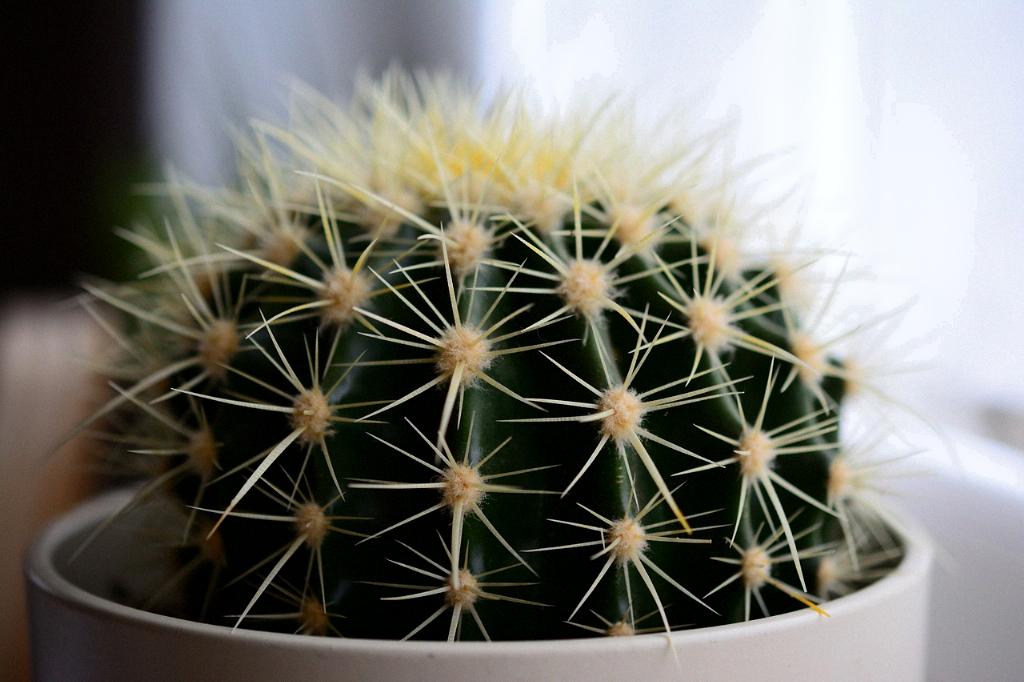When it comes to decorating your home with plants, succulents have become a popular choice due to their unique shapes and vibrant colors. These plants are known for their ability to thrive in various climates and require minimal maintenance, making them an attractive option for both beginner and experienced plant parents.
However, while succulents can bring beauty and life to your space, it’s essential to consider their potential impact on the safety of your furry friends. Ingesting certain types of succulents can be harmful to pets, especially cats and dogs, if precautions are not taken.
It’s crucial to note that while most succulent varieties are considered non-toxic to pets, some species can pose a risk if consumed. Toxic succulents contain substances that can cause mild to severe reactions in animals, ranging from gastrointestinal issues to more severe symptoms.
Among the common toxic succulents are Euphorbia species, such as Euphorbia tirucalli (Pencil Cactus) and Euphorbia milii (Crown of Thorns). These plants contain a white, milky sap that can irritate the skin and mucous membranes if exposed. Ingesting this sap can lead to nausea, vomiting, and other gastrointestinal problems in pets.
Another group of succulents to be cautious of are Kalanchoe species, including Kalanchoe blossfeldiana (Flaming Katy) and Kalanchoe tomentosa (Panda Plant). These plants can cause symptoms like diarrhea, drooling, and in severe cases, heart arrhythmias if ingested by pets.
While many succulents are safe to keep around pets, it’s essential to research specific plant varieties before bringing them into your home. Understanding which succulents are toxic and the symptoms they can cause in animals can help you make informed decisions about plant placement and pet safety.
If you suspect that your pet has ingested a toxic succulent or is showing signs of poisoning, it’s vital to seek immediate veterinary care. Symptoms of succulent poisoning in pets can vary depending on the plant ingested and the amount consumed, so prompt medical attention is crucial in ensuring your pet’s well-being.
To prevent accidental ingestion of toxic succulents by pets, consider placing these plants in areas that are inaccessible to animals or using barriers to deter curious pets. Additionally, educating yourself and your household members about the potential risks of toxic plants can help create a safe environment for both your plants and your pets.
It’s also advisable to monitor your pets when they are around plants, especially if they have a tendency to nibble on greenery. By observing your pet’s behavior and intervening if necessary, you can reduce the risk of plant-related accidents and keep your furry companions safe and healthy.
Ultimately, the question of whether succulent plants are poisonous to pets requires careful consideration and awareness of the potential risks involved. While many succulents are safe to keep in homes with pets, it’s essential to take precautions and make informed choices to ensure the well-being of all members of your household.

